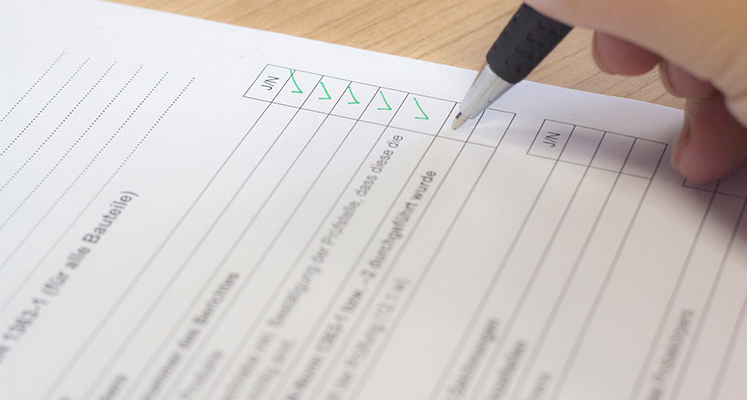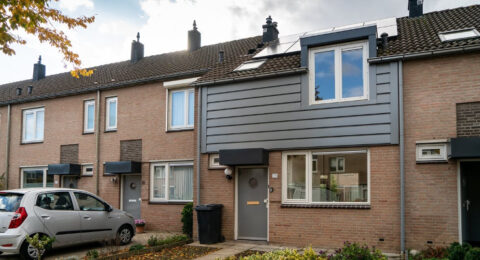Outgoing Minister Hugo de Jonge announced this week that the Building Quality Assurance Act (Wkb) will be postponed for remodeling activities. For new construction, the law, which has already been postponed five times, will take effect on January 1, 2024.
De Jonge was determined to have the law placing the review of construction projects with private parties take effect Jan. 1. The implementation date had finally been set since March, after five postponements. However, this summer, Senate members began to doubt whether Jan. 1 might be too soon after all. They had concerns about the availability of enough quality assurance officers to review projects. Therefore, senators urged full suspension of the law. To accommodate the Senate, the Minister of Housing and Spatial Planning opted for an interim solution: the law will take effect six months later for renovations, but for new construction the new rules will apply from the new year.
Smooth transition
In his letter to the Senate, Minister De Jonge indicated that the main reason for this decision is to allow for a smooth transition to the new legislation. The introduction of the new system is considered challenging and may cause delays for parties who do not prepare properly. There may also be teething problems. To give small contractors in particular some more preparation time and to address any problems at municipalities in the first six months before remodeling permits must be applied for under the new system, the Wkb for remodeling activities will not come into force until July 1, 2024.
With the introduction of the Wkb, the quality assurance company will have a central role in checking compliance with the building permit, rather than the municipalities. If there are not enough quality assurance officers available, there is a risk that many projects requiring permits cannot go ahead. Therefore, it is crucial that there are enough quality assurance officers available.
The fact remains that the Building Quality Assurance Act is part of the Environment Act, which will still take effect on January 1, 2024. The partial postponement does not affect the changes to the Civil Code resulting from the Wkb.
Clarity and certainty
Minister De Jonge consulted with Bouwend Nederland before making this partial postponement decision. Bouwend Nederland believes that a later effective date for renovations gives more confidence and reduces the risk of construction delays due to a shortage of quality assurance officers. However, they stress that a single implementation date is important for clarity and certainty. Nevertheless, they still weigh in favor of later entry into force for remodeling activities.
"With this postponement, we have a little more confidence that sufficient experts will be available," said spokesman Richard Massar. The splitting of the law also ensures that contractors doing renovations will have more preparation time, Bouwend Nederland said.
Aannemersfederatie Nederland (AFNL) is more critical and thinks the partial postponement will not really save quality assurance companies much work. About 20 percent of the projects falling under the Wkb next year are renovations, estimates director Jaco Uittenbogaard. The trade association for SMEs is disappointed with the minister's decision because it mainly leads to confusion. For many SMEs this will have consequences from January 1 anyway, because many are performing both new construction and renovations. The division of work between the "old regime" and the new system leads to extra effort and costs, causing frustration for many parties who had already prepared for Jan. 1.
However, the Dutch Association of Finishers (NOA) advises its members to continue preparing for both the Environment Act and the Wkb despite all the delays and postponements.











